At long last the state of Oregon has got around to installing tampon machines in the male lavatories of its many schools. I have campaigned long and hard on this issue. It has always seemed to me grossly unfair that girls should be provided with this facility but the poor boys utterly ignored. The sense of shame that these young men must have felt when their monthly cycles arrived unexpectedly – and remember that many of them will be victims of ‘period poverty’. Now, though, thanks to the state’s chirpily named Menstrual Dignity Act, equality has been achieved and I will therefore turn my attention to another consequence of social injustice – the continued proliferation of parking spaces which are not designated solely for disabled persons. All parking spaces should be demarcated thus, much as they are at most branches of Waitrose. We move forward to a progressive upland only because of the tireless campaigning of persons such as myself. Oh, and of course the BBC. We would be nowhere without the BBC.
You may have noticed that the latest Doctor in Doctor Who, announced this week, is black. Or, if you hadn’t heard this announcement, it is almost certainly what you might have guessed. And you will assume that the BBC made this decision because it is psychotically obsessed with the notion of diversity, to a state of utter derangement. That is exactly what I thought – and I think it is probably true.
The BBC’s track record is one of ‘celebrating’ diversity or, as the sceptics would put it, rubbing whitey’s nose in it by over-representing ethnic and gender minorities to an enormous level on every programme it broadcasts. And so the black actors, or journalists, suffer as a consequence of this disposition. Ncuti Gatwa, the Rwandan Scottish chap who has landed the part of the Doctor, is a very talented and likeable actor indeed, just as Clive Myrie – who now presents almost everything on the BBC – is an excellent and very personable journalist and was once a mate and highly valued colleague. Both are wholly deserving of their success and I find Myrie, in particular, a very pleasing newsreader. But because the BBC insists on casting black people into every conceivable role solely for the purpose of politically correct virtue-signalling, they can be accused of being there to hit a quota. This is the problem: inverse racism and ‘positive discrimination’ are the handmaidens to racism, not its enemy. They breed resentment and doubt. I daresay that lurking at the back of the minds of many entirely deserving black TV stars is the fear that they were chosen not because of their talent but because of their ethnicity.
Anyway, I hope that Mr Gatwa breathes life into a character who has been rendered in a persistent vegetative state by scripts which have had, as their priority, a determination to lecture the kiddies on fashionable issues, rather than scare the hell out of them with cybermen and stuff.
Meanwhile the BBC has decided to spend £50 million (!) over four years finding out what the public want to watch on their TVs and listen to on their radios. The BBC employs 22,000 people. Are none of them charged with the task of finding out what the licence payer wants to watch? Has the BBC heard of that thing called ‘ratings’, in which the people who pay for the existence of this increasingly absurd monolith vote with their remotes? Does it take any notice of ratings at all? Or does it not feel a need to bother with such nuisances because it is insulated from commercial pressure?
If it did check the ratings, it would find out that one of its most popular stars of recent years was Jeremy Clarkson, whom it had been desperate to get rid of for ages because he did not espouse the idiotic world view shared by most of the staff. It would have found that Sue Barker, the former tennis player and host of A Question of Sport, was very popular with the audience too – but the BBC binned her because it cannot stand people who are getting on a bit.
Indeed, the BBC continues to lust after the 16- to 25-year-old audience, in the manner of some of its disgraced former light entertainment stars, which is one reason why it has become the acme of wokeness. But this has not worked. The young audience has no time for the BBC, no matter how fatuously, achingly progressive it becomes. It has recently spent £80 million relaunching the dire BBC3, to appeal to yoof – and has been met with audiences which would bring ignominy to a weekly podcast presented by a stammering village idiot. Meanwhile, as a consequence, it has forgotten the people who actually pay for the licence fee – those vast ghastly legions of Middle Englanders who know what a woman is, are quite proud of Britain’s history and heritage, would rather enjoy watching a well-written murder mystery, and won’t get too discombobulated if the cast features an absence of transgendered Pakistani dwarves.
This is the real issue for Auntie, much as it is for the Labour party: she despises the cultural norms and aspirations of Middle England. In truth the mindset has not changed from the days of the awful director-general Sir Hugh Carleton Greene, who once said of the people who paid for his existence: ‘We are going to use this organisation to change the way the rest of the country thinks. We want them to see stuff they don’t like. We don’t really care if they complain.’
So here is my prediction. This extravagantly funded inquiry will report its findings and discover that people wish to be entertained, not lectured to, and are pretty bored of wokedom in all its guises, especially when they have to pay through the nose for it in a statutory charge every year. And the BBC staff will dutifully ignore the findings and continue to do what they want to do, convinced all the while that they are right and we are wrong.
Got something to add? Join the discussion and comment below.
Get 10 issues for just $10
Subscribe to The Spectator Australia today for the next 10 magazine issues, plus full online access, for just $10.
You might disagree with half of it, but you’ll enjoy reading all of it. Try your first month for free, then just $2 a week for the remainder of your first year.


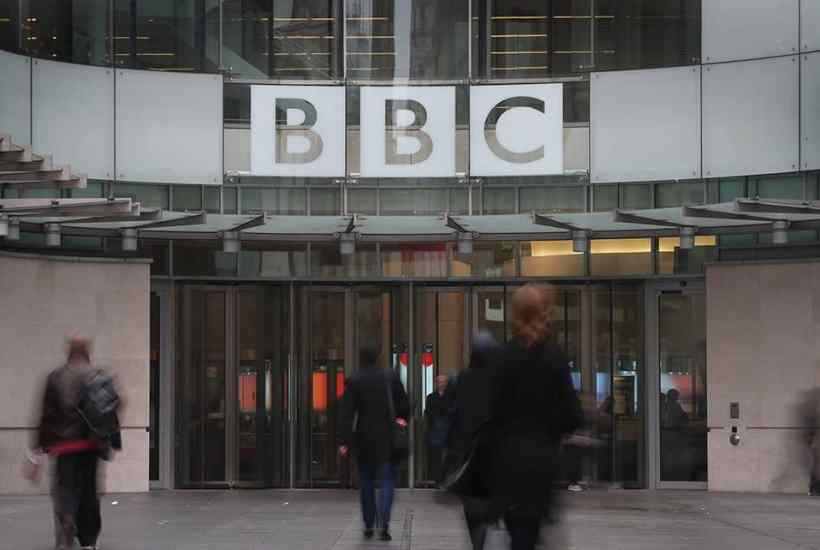
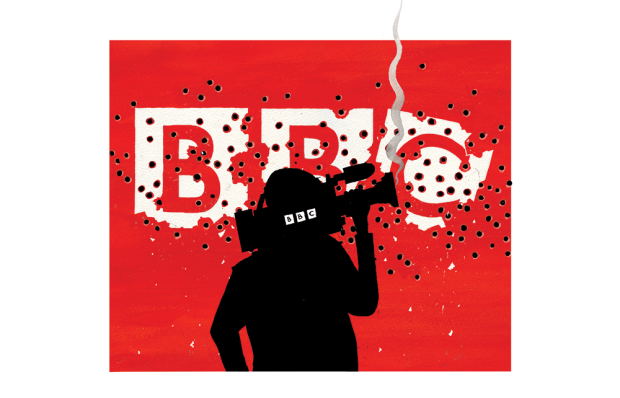
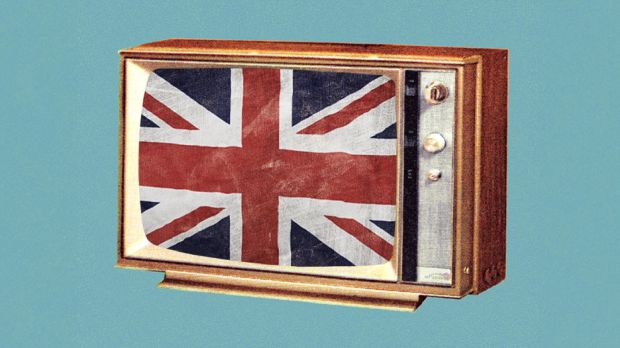
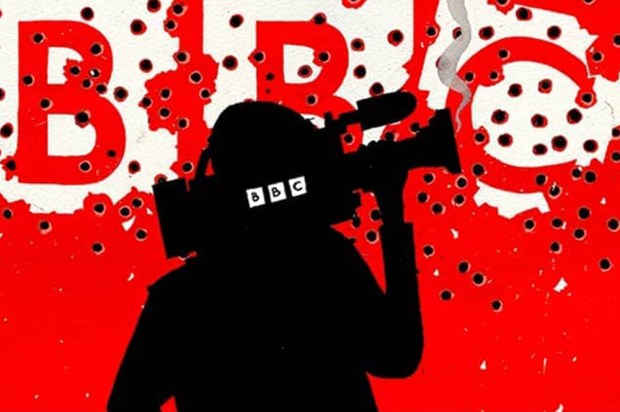
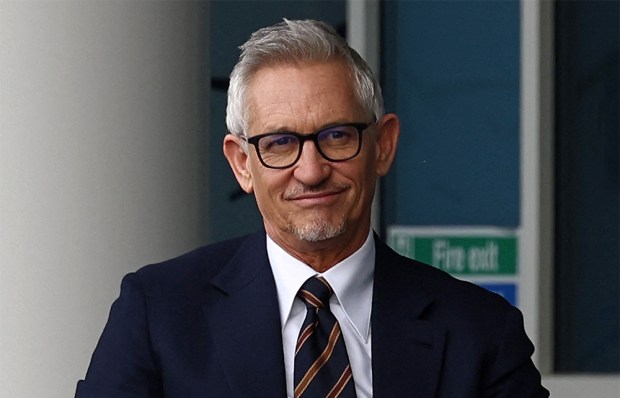








Comments
Don't miss out
Join the conversation with other Spectator Australia readers. Subscribe to leave a comment.
SUBSCRIBEAlready a subscriber? Log in